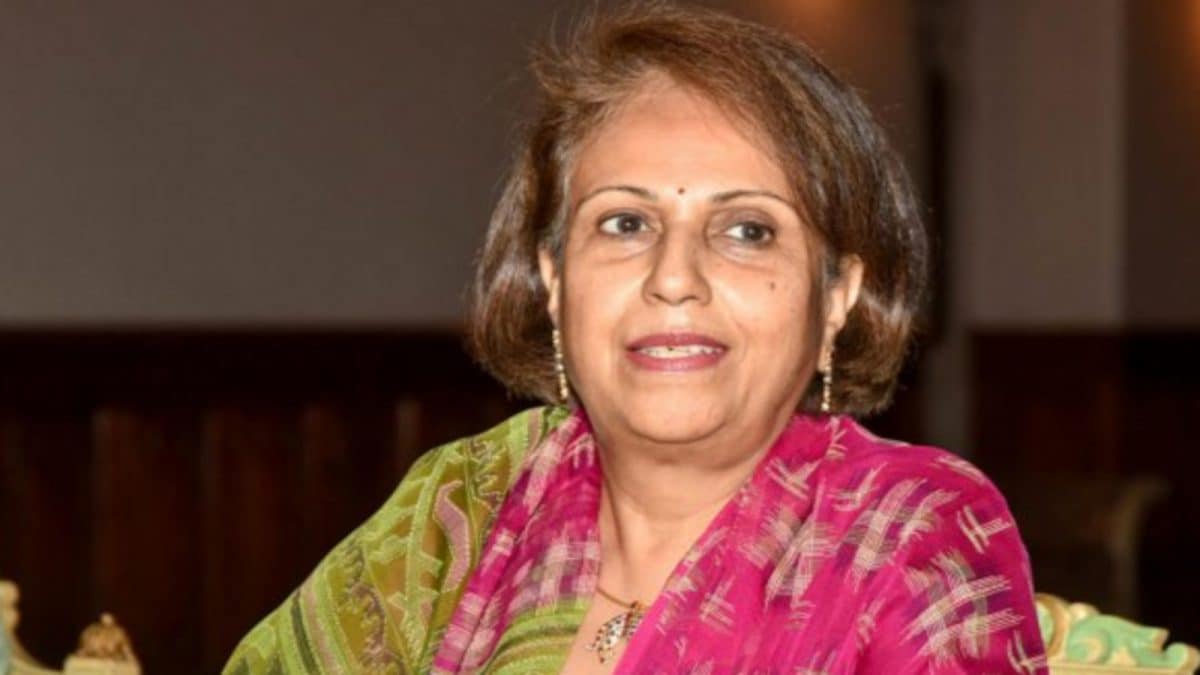Apple is deepening its retail presence in India as the iPhone maker is set to open outlets in Bengaluru and Pune in September, following its 2023 launches in Mumbai and Delhi. But this expansion isn’t simply about geography, it signals Apple’s evolving strategy in one of the world’s most dynamic premium-tech markets.
Deirdre O’Brien, Apple’s SVP of Retail, told The Hindu: “Bengaluru is the technology capital of India, where customers have a real passion for innovation. Pune, by contrast, is a hub for students and creatives using technology to bring their ideas to life.”

The Cupertino-based company’s sequence of openings in India, from financial and political capitals first, followed by Bengaluru and Pune centres, suggests Apple wants more than transactional sales. It’s deepening its connection with India’s urban middle class.
Ms. O’Brien underscored Apple’s hybrid model: “Customer journeys often begin online and end in-store, or vice versa. What matters is being where our customers need us,” she said, explaining how online tools like the Store app and “Shop with a Specialist over Video” support the physical experience.
Neil Shah, VP of Research at Counterpoint Research notes, “India is experiencing a significant shift in its smartphone market. The segment of phones priced above ₹45,000 now accounts for nearly a quarter of all smartphones sold in India.” He adds, “A majority of consumers willing to spend above ₹45,000 prefer to see and feel the phone in person before buying. This is a key driver”

India’s high-end buyers aren’t evenly distributed as analyst estimates points out that Mumbai, Delhi NCR, Bengaluru, Pune, and Hyderabad make up nearly 30% of premium smartphone sales, precisely where Apple is planting new flagship stores.
The retail store expansion comes in a geopolitically charged climate as U.S. President Donald Trump has increased tariffs on imports from India. He has also publicly called for Apple to move its manufacturing back to the U.S. Mr. Trump’s tariff tantrum led to Apple CEO Tim Cook to commit $100 billion investment in the U.S.
Despite the Trump administration’s threats, Apple can find solace in a temporary exemption offered to semiconductor-powered products. Analysts remain confident that escalating U.S. tariffs won’t derail Apple’s logic of diversification as India offers lower costs, growing component availability, and a resilient manufacturing base.
The company is set to unveil its latest generation of iPhones on September 9 during its ‘Awe Dropping’ event. The iPhone 17 devices will be entirely assembled in India, and the company is ramping up production in all of its contract manufacturing facilities in the country.



.png)
.png)
.png)
















 3 hours ago
3
3 hours ago
3








 English (US) ·
English (US) ·